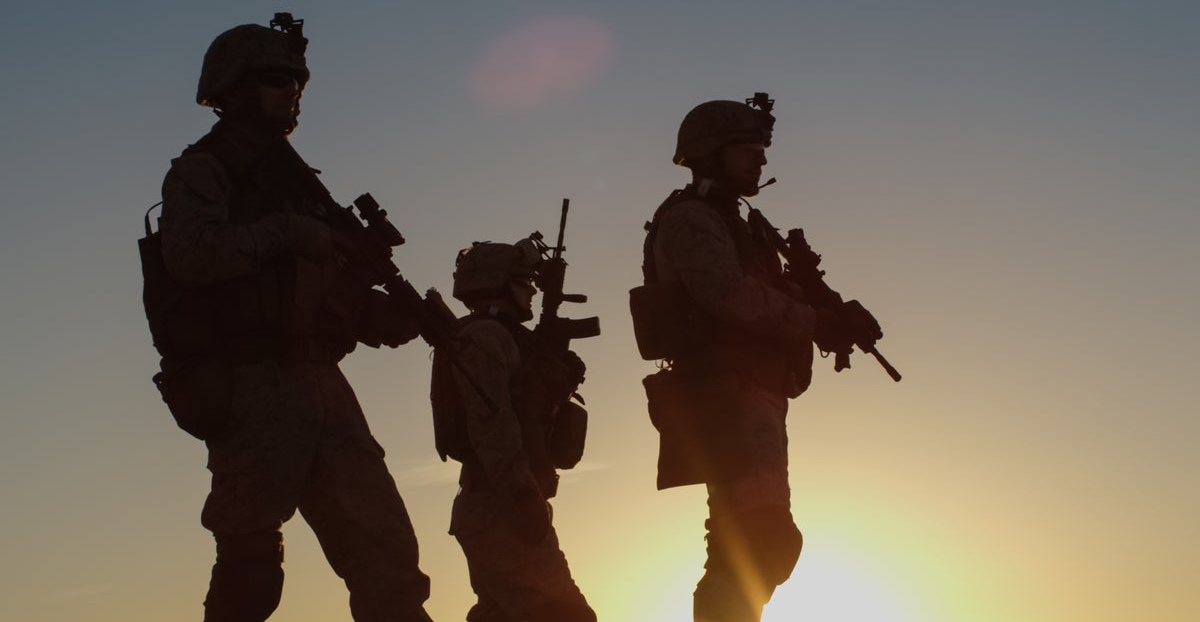
By Brian Feeney (for Irish News)
When Gandhi was asked what he thought of British justice he replied, “It would be a good idea.”
People here campaigning for justice for those the security forces or their colluding proxies killed will have exchanged knowing looks after last week’s announcement of ‘an independent judicial inquiry’ into the SAS killings of 54 Afghan civilians 2010-11.
There have been inquiries into the same SAS unit before, by the military police and into around 600 alleged offences by British soldiers in Afghanistan; but the last one, Operation Northmoor, was closed in 2019 – stop laughing at the back there – after no evidence of criminality was discovered. The new judicial inquiry will begin in 2023, a mere decade after the killings.
There’s a pattern to all these sorts of events. The British have a playbook which they’ve been using and updating since the nineteenth century. This playbook has been identified and analysed by Caroline Elkins, professor of African and American studies at Harvard. She first spotted it in her examination of British savagery in Kenya, the subject of her first book, Britain’s Gulag: The Brutal End of Empire in Kenya. She won a Pulitzer Prize for it. This year she pulled years of research together in Legacy of Violence: A History of the British Empire. It’s not light reading. Apart from the accounts of barbarity, viciousness, arrogance, racism, cynicism, greed and lying politicians, it’s 875 pages and weighs nearly two kilos.
Elkins identified a pattern, a playbook, in Kenya: denial, delay, skulduggery, lies, to cover the violence meted out to insurgents and dissidents. The British stole documents, sank tons in the sea, hid tons in storage depots in England they wouldn’t reveal to her. That all made her search more persistently. The features were identical all over the empire. Eventually she nailed the process down to what she calls, ‘legalised lawlessness’. This is how she defines it. ‘When security forces needed more discretion, or when their actions constituted unsanctioned violence, the state rendered their lawless behaviour legal by amending old regulations and creating new ones.
This tautological process of law creation – of incrementally legalising, bureaucratising, and legitimising exceptional state-directed violence when ordinary laws proved insufficient for maintaining order and control’, is legalised lawlessness. Sounds familiar doesn’t it?
The British had used the system before in various places in the nineteenth century, notably Ireland, Jamaica and India, but it had to be called into operation more frequently, and intensively in the twentieth century, especially after World War II. That was because it quickly became apparent to nationalists in British colonies that the Atlantic Charter’s guarantees of self-determination didn’t apply to them. Instead, in return for their wartime contributions to Britain’s survival, they were to be subjected to more intensive and systematic colonial control.
In some cases, most obviously and appallingly India, the British recognised reality: they cut and ran. In other places, Malaya, Borneo, Cyprus, Kenya, Zambia and a host of others, they stupidly, pointlessly, dug in. It can be summed up if you like, as an early version of ‘The Empire Strikes Back’. In order to justify their actions in Africa and what they called the Far East, Elkins says, the British castigated nationalists and freedom fighters – no matter how complex and intellectual their claims – not just as criminals, but ‘as terrorists barely clinging to the lowest rung of humanity’. Sometimes they were smeared as ‘communist terrorists’.
Elkins also shows that it wasn’t only the same playbook of legalised lawlessness used around the empire, but also the same actors were transferred to different locations to deal with particularly difficult problems of control such as here. Thus Brigadier Frank Kitson, veteran of Kenya, Malaya, Cyprus, Oman and Aden arrived along with what Elkins calls, ‘the Aden gang, intelligence agents and covert operatives who had enacted harsh methods in the final debacle in Aden’.
It’s uncanny how the British categorised and mistreated the north as yet another insurgent colony.
![[Irish Republican News]](https://republican-news.org/graphics/title_gifs/rn.gif)
![[Irish Republican News]](https://republican-news.org/graphics/title_gifs/harp.gif)

